I warned subscribers in the beginning of this journey that we might take a detour or two along the way. This is one of those sidetracks, brought to mind by recent interactions with a another squadron commander who greatly influenced my travels on the highway of life.
Also, the realization that I might not have another opportunity down the road to pass on a some important stuff to the two young “Wild Boys” who might someday have a need to know. As old aviators say: there’s a lot more runway behind me than there is in front.
Folks often ask me (1) why a Naval Academy graduate ended up in the US Marine Corps and (2) why I stayed on active duty with the Marines for 30 years.
Answering the first question is pretty straight forward. The second one takes a little more explaining…
One of my aunts often says I was “raised as a little Marine” based on observing our father’s approach to child rearing. She was in a position to know.
Captain “Bill” Groves (as his Marine buddies knew him) lived his entire life by the same leadership traits and principles he took away from Parris Island Marine boot camp, officer training at Quantico, World War II service in the Pacific, and his recall to active duty during the Korean War. Probably not surprising he handed much of those life lessons down to his offspring.
Being totally grounded in a work ethic formed by growing up on a family farm in the mountains during the Great Depression years made him more receptive to whatever he experienced in the Corps.
Much credit should also go to our mother who constantly demonstrated a positive leadership role model in her own quieter, more patient way. “Grace under pressure” does not fully describe her impact on my sister and me. Together, the two of them were a team that left their fingerprints on our lives.
The Boat School: “Every day in the Navy is just like Sunday on the farm.”
Can’t recall when I first heard that expression, but it rang true for me during all four years at Annapolis.
An early life centered around milking cows, raising livestock, gathering eggs, bailing hay, hauling corn silage…all that and more made me appreciate how good we had it as Midshipmen. (But it was a whole lot easier to get to the Academy than it was to make it all four years to graduation!)
Throughout the first three years, I kept an open mind and considered all service selection options before we had to declare our intentions in the fall of first class (senior) year. During our summer training cruises, we had experienced multiple pathways in which to serve after graduation including surface ships, submarines, aviation, and Marines.
By the time we had to choose, both my roommate and I “went Corps”, having been greatly influenced by the quality of Marine officers we had observed on the Academy’s faculty and staff. As a result, we were two of the 116 of our class of just over 900 graduates who chose to serve as officers of Marines.
(Years later I realized how closely those captains and majors had been pre-screened by the assignment officers at Headquarters Marine Corps before their selection for Academy assignments. All of them were just returned from having successfully led Marines in combat in Viet Nam, and it showed. The deck had been stacked, although we “middies” did not realize it at the time.)
Why I stayed…
The short answer: I liked what I was doing and the people with whom I did it. And it “took me a long time to graduate.”
All Marine officers spend the first six months after being commissioned as second lieutenants learning how to be rifle platoon commanders at The Basic School in Quantico, VA.
None of the other services indoctrinate their new officers in the same way, and the concept of “every Marine a rifleman” starts there for all second lieutenants. After a thorough grounding in the challenges of leading “mud Marines”, we all graduated from TBS with the perspective that everything and everyone in the Marine Corps exists to support the lance corporals who close with and engage the enemy in the field.
That lesson stayed with us as we branched out into whatever warfighting specially that awaited in our future. Tankers to tank school, aviators to flight school, and so on as we trained to enter the Fleet Marine Force.
After follow-on training, I reported to my first duty station at the Marine Air Station at Beaufort, SC. The squadron commander and his spouse welcomed me to their “squadron family”, in a way that made a huge impression. The set the standard for what I hoped to find at other units in my future career path.
Later, I saw that all commands do not always operate the same way, and I often think of the words of a special Marine mentor that stuck with me:
“Every Marine deserves a good commander, but not every Marine deserves to BE a commander”.
I also came to appreciate that the role of the commanding officer’s spouse could be as critical to the overall operational readiness of the unit as he/she was.
The other key take-away from that first duty station: the role that senior non-commissioned enlisted Marines could play in helping young officers avoid “trip hazards” that could derail a lieutenant’s (or colonel’s!) effectiveness as a leader.
My next two assignments in Japan and back at Quantico did not come close to meeting the expectations formed in Beaufort. The early-mid ‘70’s was not a great time to be a Marine, especially for a young lieutenant.
During the Viet Nam era, we promoted some enlisted Marines and temporary officers too quickly and/or allowed them to stay in the Corps for too long after combat ended.
The drug culture of the ‘60’s did not get better after Viet Nam, and it affected the Corps as much as the rest of society.
We had race riots at some bases, and some commands saw Marines physically attacking other Marines. It was possible to die in peacetime.
All these issues detracted from the combat readiness and unit cohesion that are so important in any fighting organization. By the end of my first five years in the Corps, I was so discouraged that taking my new bride back to the farm to milk cows looked like a much better option.
It only took us two years with two new babies and 18 hour work days for us to realize that going back to the Marine Corps looked very attractive. The assignments officer who took my call at Headquarters Marine Corps asking to return to active duty told me later that I sounded to him like the most unhappy officer he ever heard. I probably was.
He brought me back in as a captain, sent me to my second tour in Japan, and became one of our closest Marine friends as we served together over the years. Experience wise, I had lost ground to my contemporaries, but a series of extremely strong senior officers allowed me to catch up by supporting and challenging me over the next 20 years. My Navy classmates would call those officers “sea daddies”, and that’s a good term for the mentors who kept pulling me forward into new opportunities to lead Marines.
I also benefited from a series of senior enlisted Marines and Chief Warrant Officers who went out of their way to keep me between the ditches.
The rest of our Marine career provided experience as a commander in all three active duty Marine Aircraft Wings, deployments all over the western Pacific, Central America, the Middle East, north Norway, professional military education, and a final assignment as the senior air command and control officer at Marine Headquarters in the Pentagon.
Yes, there were more than enough family moves. Our kids and the family dishes bore the blunt of that. When I deployed unexpectantly to Saudi Arabia for Desert Shield, my roommate had to pack up our household goods, get herself and the kids across country from California to Virginia, and find a new home. Fortunately, there were close friends on both ends that helped her manage. That family thing again.
A military life is certainly not for everyone, but it worked for us.
Along the way, the encouragement from senior Marine leaders and their spouses, the positive role models those leaders displayed at every level, and the absolute joy of serving with young enlisted Marines and officers kept us going.
If our grandsons ever put their iPads and Nintendo down long enough to read this, I hope they get a flavor for what it all meant to their Mom, “O-Baa-Chan”, and O-Jii-chan” (us).
Semper Fi indeed.




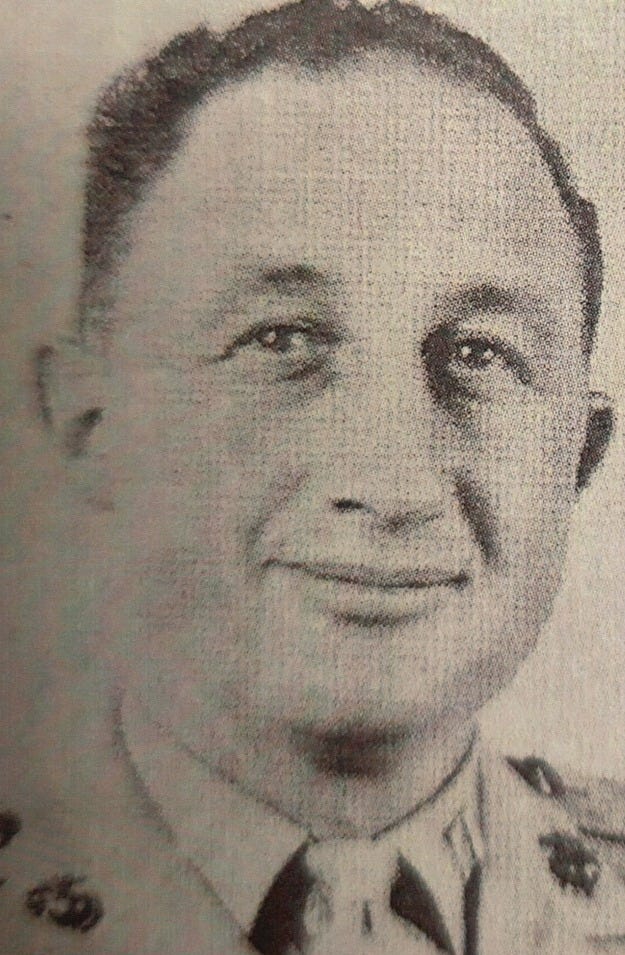
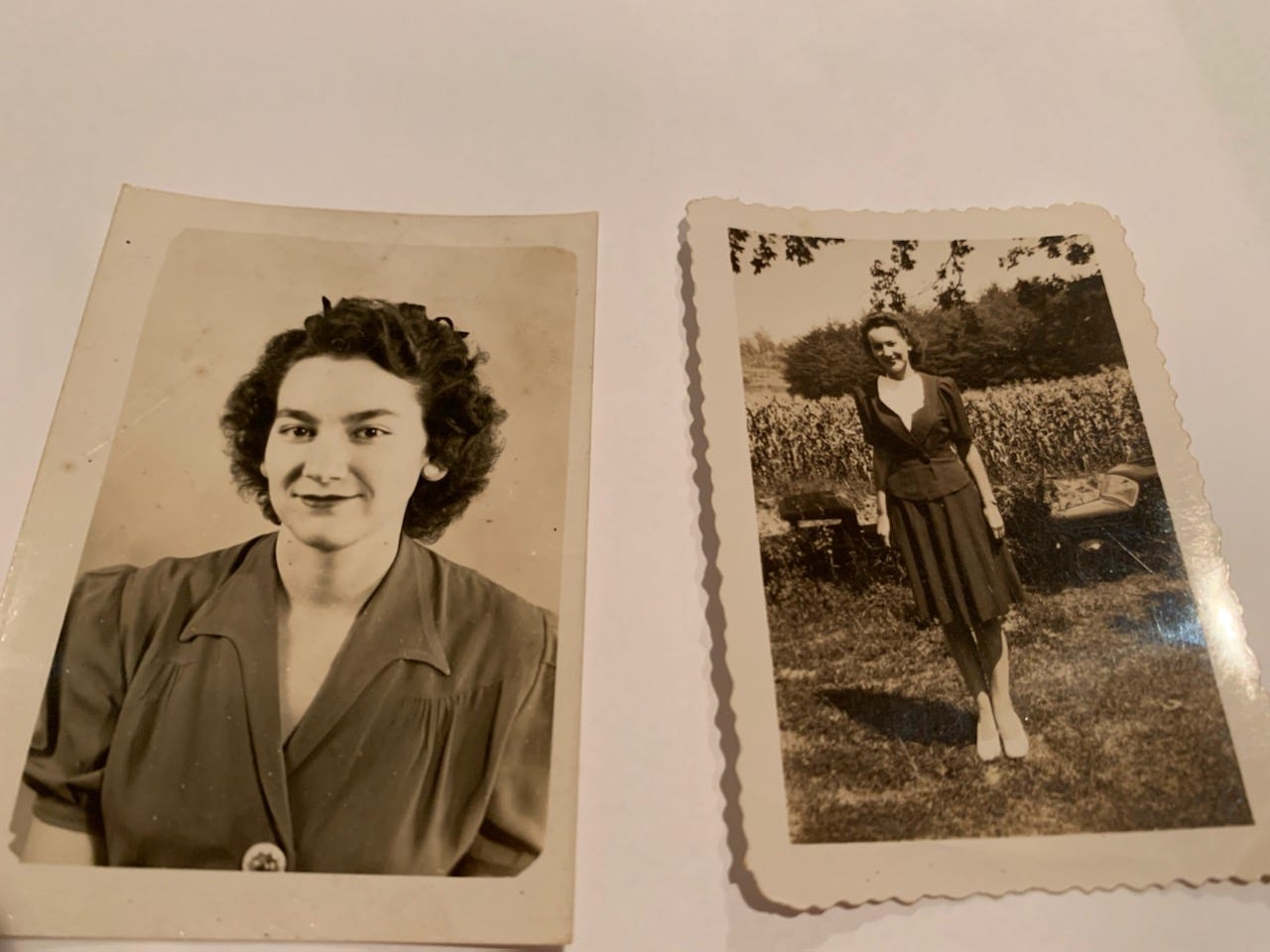

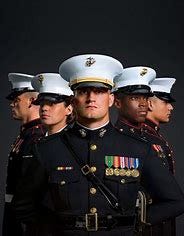

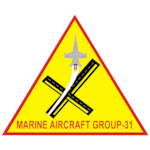


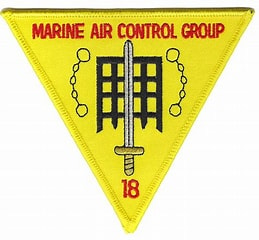
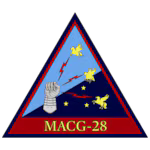
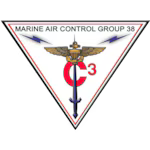
There's a lot of connections between working a dairy and surviving the military. We both know this. God bless!
I love your stories. Your life has been fascinating, demanding & definitely rewarding. Our whole family has always been so proud of our Marine & all of our uncles, your dad etc. We were surely blessed with a few good men! So proud & thankful 😌